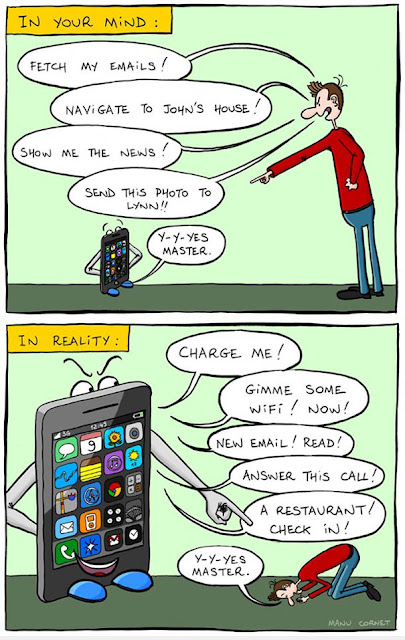Search This Blog
The infrequent ramblings and musings of a curriculum and education technology consultant.
Posts
Showing posts from January, 2020
Curriculum for Wales - Update to the Digital Competence Framework
- Get link
- X
- Other Apps
Release of the New Curriculum for Wales
- Get link
- X
- Other Apps


